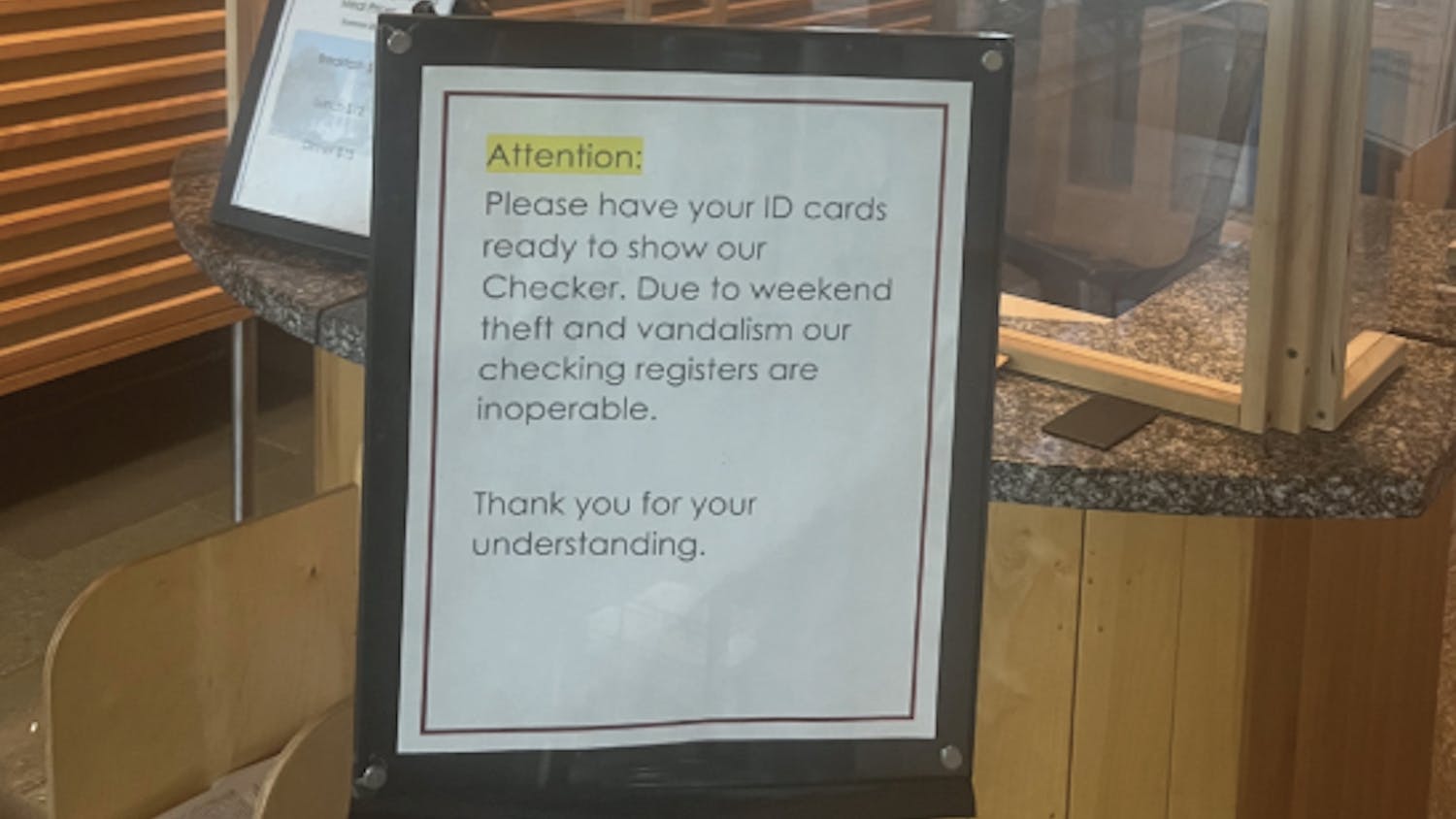Author: Christopher Hassig
Vermont is once again in the middle of a national political debate, but this time the subject is campaign finance reform. The Supreme Court has selected a case for consideration in the judicial term that challenges a strict Vermont campaign finance statute. The Vermont case was one of three cases submitted during the summer session and with the start of the new judicial term, the case will be among a total of 11 cases selected for consideration.
The statute in question is the most stringent campaign finance law in the country and has yet to go into effect due to persistent opposition from groups such as the Vermont Republican State Committee and the Vermont Right to Life. The Vermont law includes intentions to cap individual contributions to candidates in statewide elections as well as set spending limits for the candidates. The statute currently stands in direct violation of the 1976 Supreme Court ruling Buckley v. Valeo in which the court upheld the law for contribution limits, but struck down the implementation of spending limits.
The court's agreement to reevaluate campaign finance reform may reveal a change in opinion since the 1976 ruling or simply a desire to clear up an issue that remained even after the verdict. Supporters of the law hope that the court will reverse its decision of 1976 ruling that spending limits are unconstitutional, thus validating the Vermont law and encouraging other states to follow suit. The case should be heard in January or February and the public can anticipate a decision by May or June.
Advocates of the Vermont law fear that the relatively "anti-campaign finance reform" justices - Clarence Thomas and Antonin Scalia - may persuade the court to move in the opposite direction. If the court were to reconsider its decision on campaign spending limits and deem them unconstitutional, more recent decisions such as the Court's 2003 ruling in support of the Bipartisan Campaign Reform Act or McCain-Feingold law would be nullified. Adding to the issue, judicial moderate Sandra Day O'Connor, who completed the majority in the 5-4 ruling in 2003, may not be on the bench to hear the case if a replacement is not confirmed by that time. But as Professor of Political Science Eric Davis sees the situation, it is more likely that the court will simply strike down the statute, upholding its decision in Buckley v. Valeo.
In 1997, the Vermont Legislature deliberately passed the stringent campaign finance reform statute as a call for the high court to reassess its 1976 decision striking down spending limits. Specifically, the law calls for restrictions of individual, corporate and union contributions of cash and in kind donations to $400 for statewide races such as governor, $300 for state senate races and $200 for state representative races. Contributions to political parties and political action committees would also be restricted. Donors would be able to contribute no more than $2000. In terms of spending limits, candidates for governor would be able to spend no more than $300,000. Because the statute has never taken affect, recent candidates for public office have regularly spent well over the spending limits. Last year, Vermont Governor Jim Douglas '74 spent more than $680,000 in his re-election campaign.
Defenders of the Vermont law say that it will help to level out the political playing field, and restore voters' trust in the government, because it would not give an advantage to wealthy politicians such as New York's Michael Bloomberg that spend millions of their own money. They say candidates are beholden to big donors rather than the voters and that candidates spend so much time raising money in an arms race to outspend their challengers that they do not spend enough time on actual governing.
On the other hand, some critics of the statute say that contributing and spending money is a right that can be equated with free speech. The statute, then, would be an infringement on the First Amendment. Limiting money would also limit the ability of candidates to reach their constituents and political awareness might further decline. Davis added that, from a political science point of view, limiting spending gives an advantage to incumbent candidates that are already well known and do not need to tell voters who they are. That the law stands now, almost the only way that challengers can overcome the imbalance is to spend money on advertisements in order to inform the public about their personality and stance on important issues.
High court may hinder heavy spending
Comments



